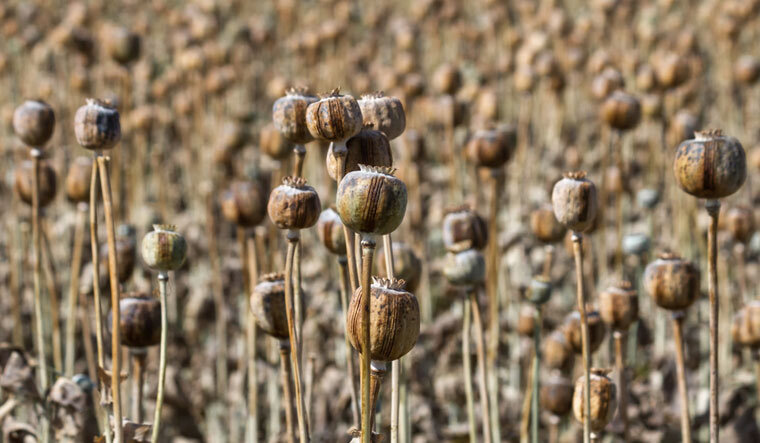WHO confirms Iranian research on opium carcinogenicity

TEHRAN – The World Health Organization (WHO) has approved the research conducted by Iranian researchers on “carcinogenicity of opium use”.
The research which is the most important achievement of more than two decades of research efforts by Iranian scientists was approved by the International Agency for Research on Cancer (IARC/WHO).
“Opium carcinogenicity” was discussed and approved in the “Monograph 126” meeting of the International Agency for Research on Cancer (IARC), held virtually on September 11-20, with 16 prominent cancer researchers and specialists from 10 countries.
Opium, an addictive narcotic drug, is produced from the poppy plant, Papaver somniferum, and can be consumed as a variety of preparations, either by smoking or by ingestion.
The Working Group evaluated opium consumption as carcinogenic to humans on the basis of sufficient evidence in humans. Opium causes cancers of the larynx, lung, and urinary bladder.
The result of these evaluations was published in The Lancet Oncology, October 8.
A population-based cancer registry was established in 1969 as a joint effort between Tehran University and the IARC. This registry confirmed the high incidence of OC in the eastern portion of the Caspian Sea littoral, in the area that is now known as Golestan Province.
A series of studies through the Golestan Cohort Study was conducted in the region in the 1970s, but they were not conclusive in explaining the very high rates. However, they pointed to several factors, including, a diet deficient in fruits and vegetables; low socioeconomic status; thermal injury from consumption of very hot tea; and carcinogen exposure from lifestyle factors including opium consumption.
The article on the thermal injury from consumption of very hot tea has also been listed by Altmetric website among the world's top 100 articles that most captured the public’s imagination in 2019.
The Altmetric Top 100 is an annual list of the research that has most captured the public’s imagination each year, which is released since 2013.
The article presented, for the first time in the world, very precise and unprecedented evidence of the association between drinking tea at temperatures hotter than 60 degrees with a 90 percent increased risk of squamous cell carcinoma (the most prevalent esophageal cancer worldwide).
Drug use is a complex health and social problem worldwide, with half a million people dying each year as a result of drug abuse.
FB/MG
